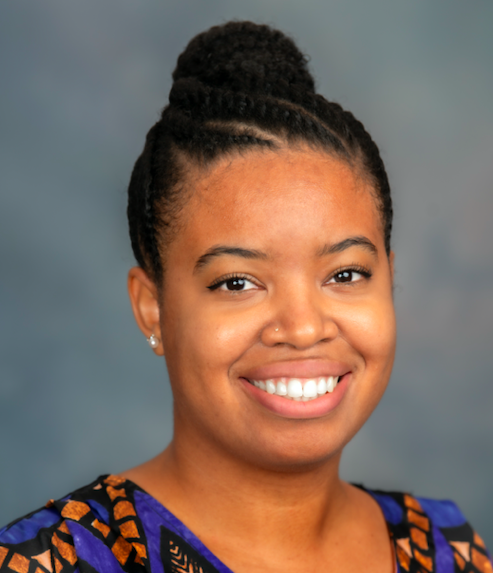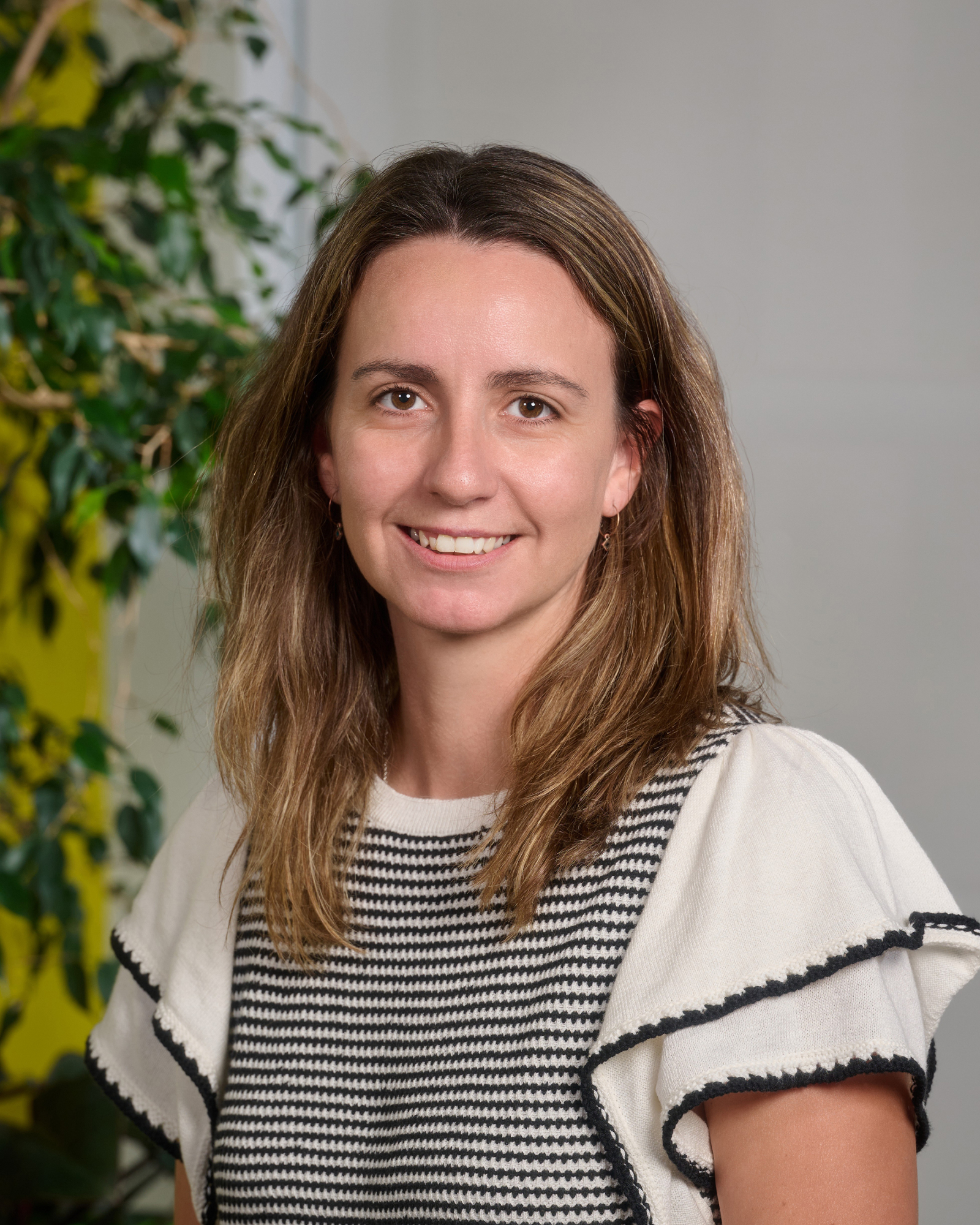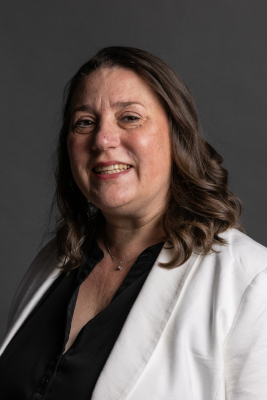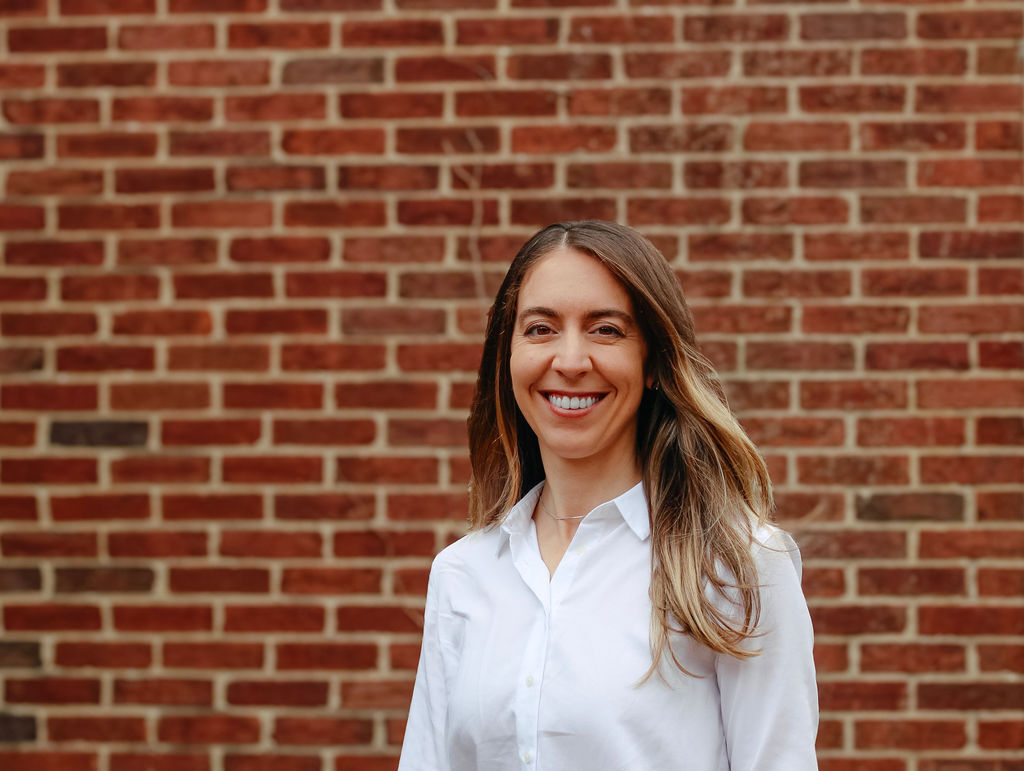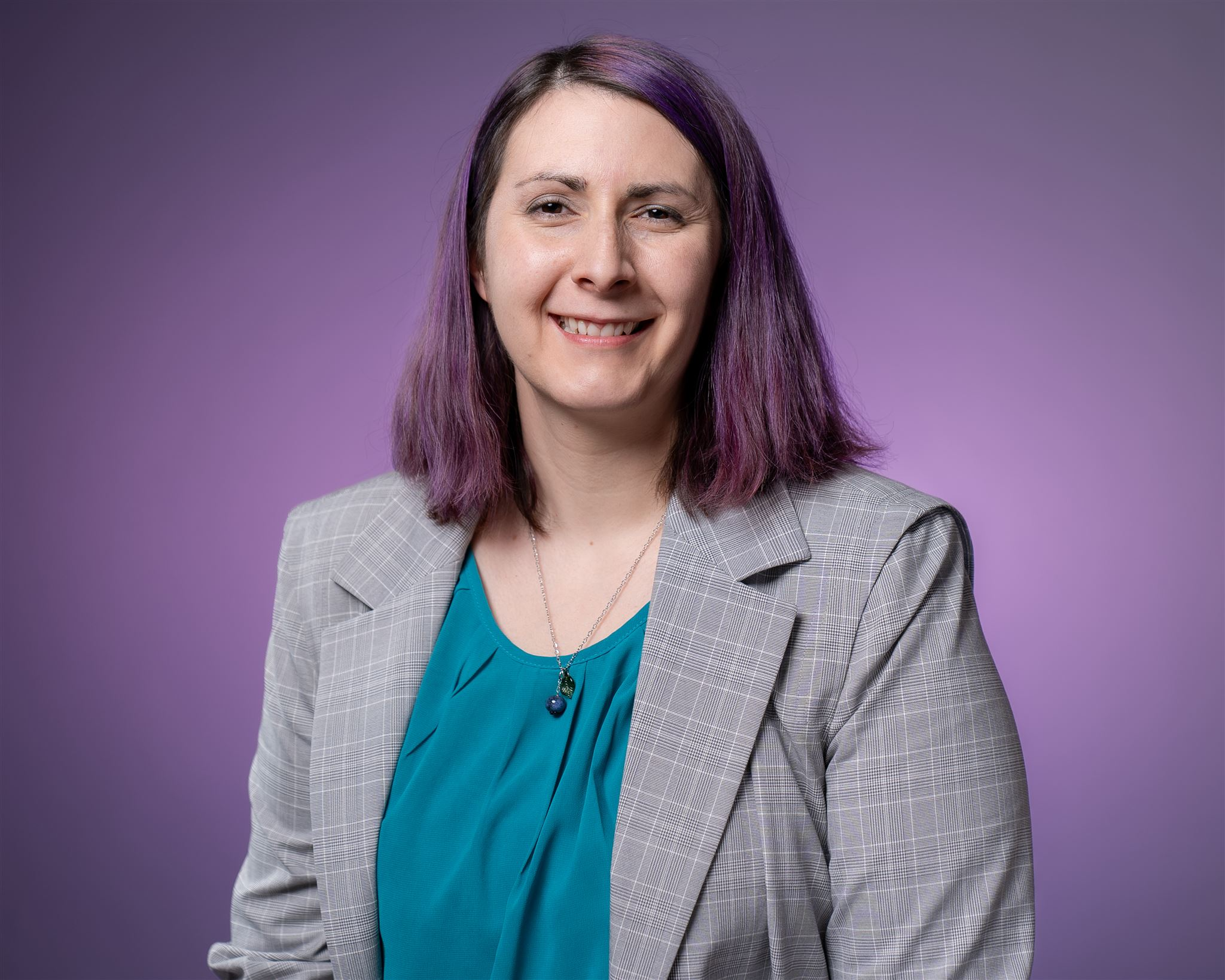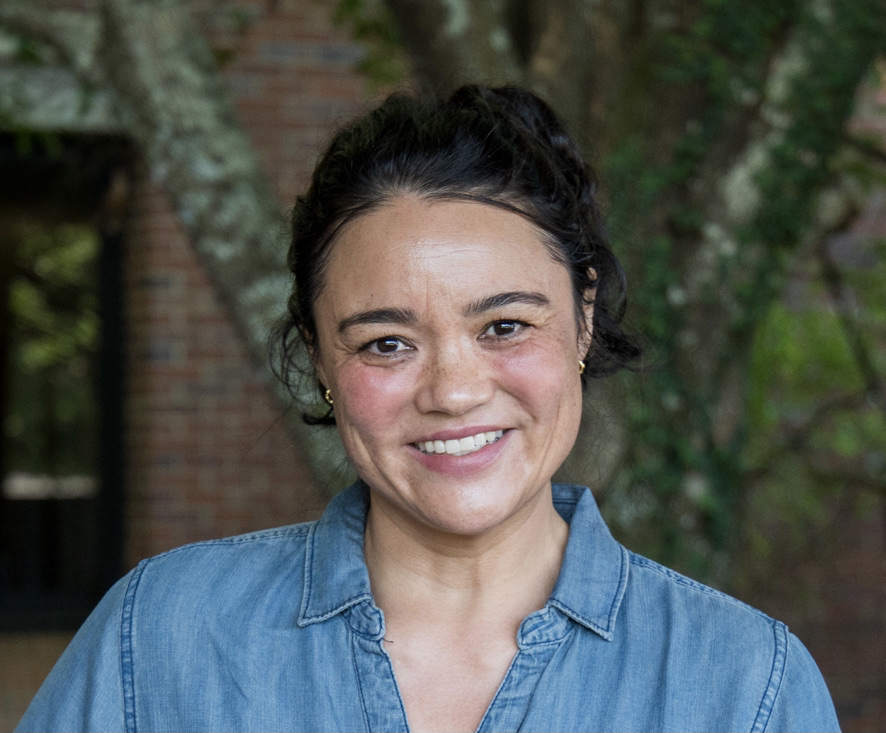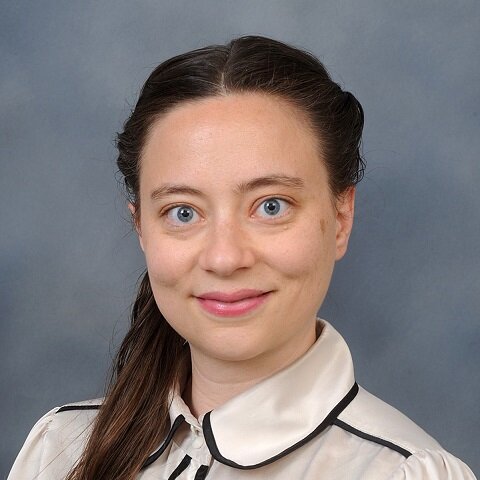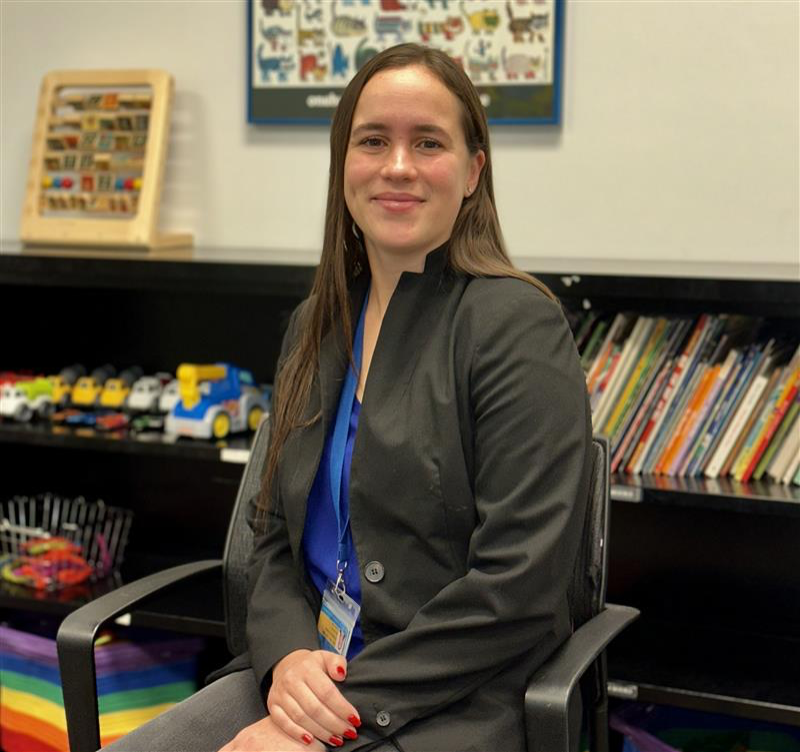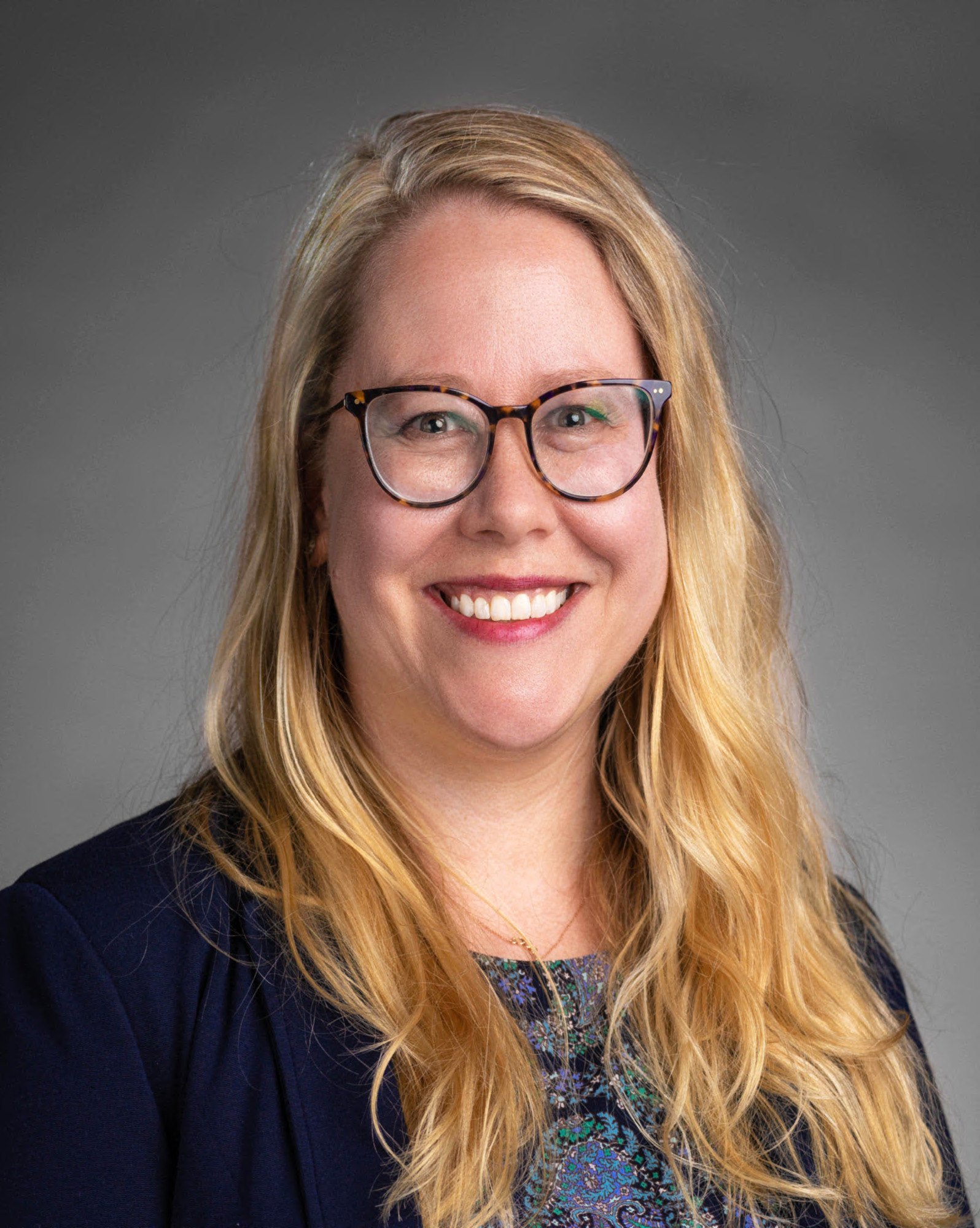2024 Participants

Yemimah Kingyking5@gsu.edu |
Yemimah King is an assistant professor at Georgia State University in the College of Education & Human Development’s Department of Early Childhood and Elementary Education. Her research focuses on enriching parent-child interactions, learning environments and educational activity engagement to support early language and math development in young children who may experience educational opportunity gaps. | |
Ashley Wattsashley.watts@vanderbilt.edu |
||
Sara Benhamsara.benham@med.uvm.edu |
Sara Benham is an Assistant Professor at the University of Vermont in the Department of Communication Sciences and Disorders. Her research focuses on the varied pathways children with and without speech and language disorders take when learning words over the first few years of life. Specifically, her research focuses on the phonological and lexical bases of word learning, and how these skills are embedded within a rich, multimodal stream of learning. She aims to discover what individual pathways in learning reveal about the flexion points and malleable nature of word learning in early development. | |
Jose Palmajpalma@tamu.edu |
||
Jimena Cossojcosso@umd.edu |
I am an Assistant Professor in the Human Development program at the University of Maryland. I was born and raised in Argentina. I came to the US to pursue my master’s degree in Comparative and International Education at New York University, and I did my Ph.D. in Educational Psychology and Research Methodology at Purdue University. My overarching research program explores learning contexts that shape how young children develop and learn, with a particular focus on dual language learners (DLLs) from immigrant Latine communities. Particularly, I look at (a) culturally sensitive measures and (b) contextual factors shaping early learning, with a specific interest in early mathematics skills. | |
Jonathan D. Schaeferjonathan.d.schaefer@vanderbilt.edu |
Jon is a licensed clinical psychologist and Assistant Professor of Psychology at Vanderbilt University. His research seeks to identify environmental determinants of brain and mental health and understand how they exert their effects, with the ultimate goal of generating actionable insights for interventionists, policymakers, and consumers. Because many of environmental exposures he studies cannot be manipulated experimentally, Jon is particularly interested in longitudinal studies of twins that provide opportunities to disentangle the effects of key exposures from shared genetic and environmental confounds. | |
Nicole Campione-Barrcampionebarrn@missouri.edu |
Dr. Nicole Campione-Barr is Professor of Psychological Sciences at the University of Missouri. Her research generally examines the role of the family system on adolescents’ development and wellbeing, including relationship processes such as conflict and communication within parent-child relationships, sibling relationships and the intersections among multiple family relationships. She currently serves at the Director of the Family and Relationships Research Network of Missouri (FARR-Net), an interdisciplinary, multi-campus collaborative effort to improve the quality, communication, and sharing of research on close interpersonal relationships. Her work has been funded by the National Science Foundation, and she has been awarded particularly for her mentorship of undergraduate and graduate students. | |
Gretchen Robinsonggrobins@ncat.edu |
Dr. Gretchen Robinson is the Spangler Distinguished Professor of Early Literacy in the Department of Educator Preparation at North Carolina Agricultural &Technical State University. She has a B.S. in Speech-Language Pathology & Audiology from UNC-Greensboro, a M.S. in Communication Disorders from Western Carolina University, and a Ph.D. in Special Education from UNC-Greensboro. Her research interests include multi-tier systems of support, equity education, and evidence-based practices in early literacy. Her current and planned single-case design research focuses on evidence-based practices in reading instruction in tier three, and how these interventions improve the reading and writing proficiency of culturally and linguistically diverse learners and learners with disabilities. She has sought and received grant funding to lead educator preparation programs and state-wide initiatives to prepare pre- and in-service teachers in evidence-based, culturally responsive reading practices and has been awarded for her service in teacher education. | |
Randi Batesbatesri@ucmail.uc.edu
|
Dr. Randi Bates is a nurse, family nurse practitioner, scientist, and educator. Her clinical practice has primarily focused on public health and managing chronic disease. Her research surrounds understanding the role of early life stress on health. She approaches this research with a bioecological lens to examine how different levels of ecologies or environments, from the molecular to macro, shape stress and health-related behaviors in young children – key factors influencing chronic disease. A major focus of her work has been on understanding the role of environmental and social disadvantage, such as poverty and adverse caregiver mental health, on stress in young children. In addition, she also examines the effects of a child’s experiences with stress on child development – including self-regulation, language, and sleep. She also approaches this work with interdisciplinary researchers to design interventions to help prevent and buffer toxic stress in young children and their caregivers. She has received numerous honors for her work, including being recognized as a Jonas Nurse Leader Scholar, and has received funding from the National Institutes of Health. Dr. Bates also places particular emphasis on training scientists and clinicians in the conduct of rigorous science and clinical care. She is passionate about translating education and evidence-based practice for her trainees into real-world applications. In her spare time, she enjoys catching up on her long list of books she wants to read and spending time with family from Ohio, NYC, and Peru. | |
Andres Pinedoandres.pinedo@vanderbilt.edu |
Andres (Andy) Pinedo is an assistant professor of human and organizational development at Vanderbilt University who studies the processes that either perpetuate or disrupt inequality in society. His program of research focuses on whether and how facilitating youths’ critical consciousness—the structural-historical analysis of inequality, motivation to enact social change, and sociopolitical action to promote social change—can support them in navigating an inequitable developmental context. In addition to communicating his work via academic publications, Professor Pinedo collaborates with community organizations and school districts to inform practices and policies that uplift youth. | |
Nicolette Grasley-Boyngrasle@wested.org |
Nicolette (Nikki) Grasley-Boy is a Senior Research Associate in Special Education Policy and Practice at WestEd. Her research focuses on implementing effective and efficient professional development for classroom management skills and evaluating schoolwide positive behavior interventions and supports using both advanced statistical methodologies and applied single-case research. | |
Veronica Fleuryvpfleury@fsu.edu |
Veronica Fleury is an associate professor of special education at Florida State University. Her work is focused on educational and behavioral interventions for learners with autism, with a particular emphasis on early literacy and language development. | |
Hope Lancasterhope.lancaster@boystown.org |
I am a research scientist at Boys Town National Research Hospital in the Center for Childhood Deafness, Language, and Learning. My research examines the genetic and behavioral connections between speech, language, and reading disorders. Additionally, I collaborate with many research teams as a methodologist on research projects ranging from systematic reviews to intervention studies. | |
Alexis Boucherabouche5@utk.edu |
Alexis N. Boucher is an Assistant Professor in Special Education at the University of Tennessee, Knoxville. Her research aims to identify and develop effective reading interventions for students in upper elementary grades with word reading difficulties/dyslexia. | |
Marcela Ramosmarcramo@fiu.edu |
Dr. Ramos is a Research Assistant Professor at Florida International University. Dr. Ramos’ research focus in on the treatment of childhood ADHD across academic and peer recreational settings. Special emphasis on the evaluation of multimodal treatment and how best to sequence psychosocial and pharmacological interventions to achieve optimal treatment response. | |
Elizabeth Nortonenorton@northwestern.edu |
I am Associate Professor of Communication Sciences and Disorders at Northwestern University. My research examines the brain and behavior trajectories of and influences on language, reading, and neurodevelopment. Among multiple longitudinal studies that I work on, I am one of the site PIs for the national HEALthy Brain and Child Development (HBCD) study. | |
Chunyan Yangyangcy@umd.edu |
Dr. Chunyan Yang is an Associate Professor in School Psychology in the Department of Counseling, Higher Education, and Special Education at the University of Maryland, College Park. Dr. Yang’s research focuses on examining the roles of school-wide practices, including school-wide social and emotional learning and disciplinary practices, cultural norms, and technology in shaping the risk and resilience trajectories of students and adults in school settings.
|
|
Kristen Grangerkristen.granger@Vanderbilt.Edu |
Kristen Granger is an assistant professor of special education who studies dynamic systems within early childhood and elementary school classrooms that influence the social, behavioral and academic development of students with and at risk for high incidence disabilities. She focuses specifically on students with and at risk for emotional/behavioral disorders (EBD) and enjoys working in research-practice partnerships to support positive developmental trajectories for these students. | |
Carlin Connorclc6wc@virginia.edu |
Carlin Conner, PhD is a Senior Research Scientist at the University of Virginia. She received her PhD in Education, with a focus on Special Education, from Southern Methodist University in May of 2020. Currently at UVA, Carlin leads efforts to develop the new state-supported PreK – Grade 3 literacy screener, including leading pilot development from 2021-2024 and now statewide implementation, which began in August of 2024. Carlin also works on many federally funded research grants focused on reading interventions for students with and at risk for reading difficulties. Her research interests include literacy assessment and interventions, with a focus on supporting children who are culturally and linguistically diverse and children with disabilities. Carlin has also spent time as both a special education teacher and instructional coach. | |
Kelly Williamskjwilliams@uga.edu |
Kelly Williams is an assistant professor in the Department of Communication Sciences and Special Education at the University of Georgia. Her research focuses on improving academic and post-secondary outcomes for students with and at-risk for mild to moderate disabilities, including specific learning disabilities and dyslexia. Her main areas of interest are: (1) reading interventions for adolescents with reading difficulties and disabilities; and (2) preventing dropout with at-risk populations. |
